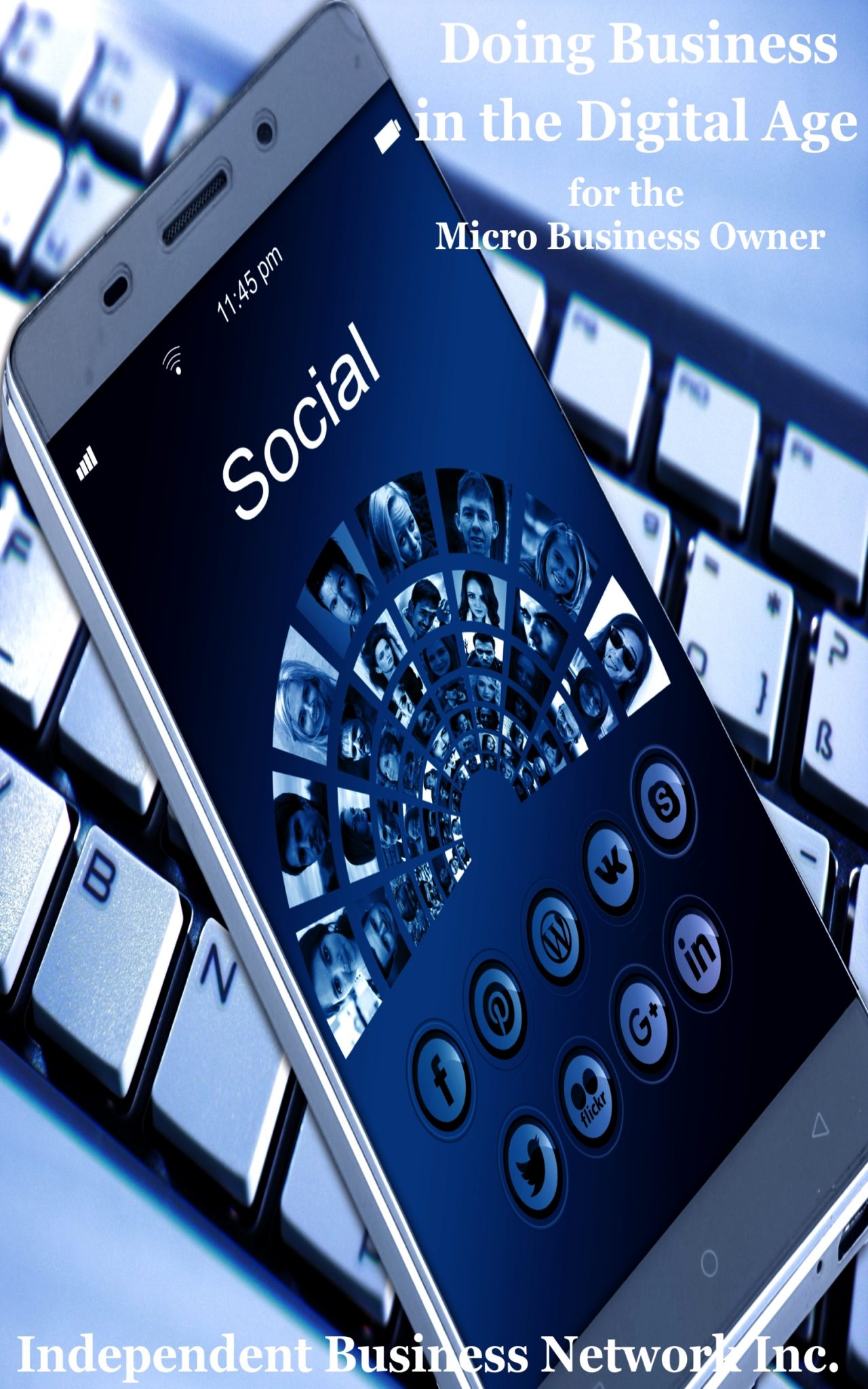Alternative energy continues to fuel widespread debate on a number of fronts. Humankind has known for a very long time that fossil fuels such as coal and oil are not limitless. There will reach a critical point where we will start running out of these reserves. The question as to when this will happen is debatable but we are becoming aware of the challenges associated with our use of fossil fuels.
The broad umbrella of the alternative energy debate includes a range of topics and issues and can be a fairly complex one. The complexity varies depending on, but is not limited to, your beliefs, moral issues, education on the topic, and/or agenda/s. Social, corporate and environmental sustainability issues have become common topic today and the energy debate must have these broad subjects at the forefront of any discussion.
Alternative energy is defined as any type of energy that is a renewable energy source. Examples of alternative energy are wind, solar, any type of biological process, and geothermal energy flows. Most examples of renewable energy sources can all be indirectly linked to the sun. The exceptions would be geothermal energy or tidal energy. These are powered by the Earth and the moon’s gravitational pull.
Alternative energy is further defined by its effect upon the Earth’s atmosphere and landscape. The end goal of all alternate fuels is that there are no waste products or harmful by-products associated with alternative energy’s use.
Are there any hazards to using alternative energy?
If we consider nuclear power as an alternative energy source, then we should be aware of the dangerous side-effects of radioactive power. When a nuclear core is breached or a meltdown occurs, living organisms and the environment immediately suffer as radiation poisoning spreads. It is for this reason that many environmentalists do not consider nuclear power as a source of alternate energy. Other alternative energy sources such as the sun, wind and water, do not produce any harmful side-effects.
Is using nuclear power considered an alternative energy source?
This is a debatable question. Several scientists argue that nuclear power is a renewing process that can provide unlimited power. Technically nuclear power would not be considered an alternative energy source due to its by-products. As evident by the Chernobyl reactor meltdown, the environment suffers a deadly blow if something were to go wrong.
What is the initial cost of switching over to using alternate energy?
Switching over depends on what exactly you are switching. Houses that have to be retrofitted using solar panels to generate electricity can be quite costly although many governments around the world are assisting by way of rebates or subsidies. Vehicles are less expensive to retrofit but require work. The best way to get a general idea is to seek out a mechanic or contractor that is using alternative energy sources.
The cost of alternative energy sources to the consumer can vary for anything switched over. The cost of switching an entire global economy, which has primarily been built around the availability of cheap oil, is massive to say the least. With that said, many argue the cost of doing nothing will be far greater.
What types of products are available on the market?
Products that use alternative energy sources range from entire houses to vehicles. Engineers are aware of consumers seeking out cheaper alternatives to the rising costs of utilities and fuel prices. As more and more people push for the decline in fossil fuel usage, we will see more and more alternative energy products being brought to the market.
Regardless of your views about climate change, the date and effects of peak oil (the time when oil demand will outstrip supply), or the health of our planet in general, one thing is for certain and that is our current energy sources of oil, gas and coal are non renewable therefore unsustainable. Alternative energy is going to be a major necessary challenge in the 21st century, or if you’re a ‘half full’ person, a major opportunity. It will require great courage from our global leaders, as well as constant pressure from the people who place them there. Corporate leaders in particular, and the media, also have a moral obligation to give us all the facts, without prejudice, to assist in the necessary transformation from a dirty, non renewable and unsustainable energy source, to a cleaner, renewable and sustainable energy source.
If you are interested in learning more about alternative energy, consider joining www.EarthHuddle.com – a free online community focused on all areas of sustainable living, including wind and solar energy, alternative energy sources, sustainable energy and eco-living.
If you are interested in learning more about ways to go green, save money and help the planet, go here to receive a FREE green living tip delivered to your email inbox daily: Green Living Tips
InternetAdworks

